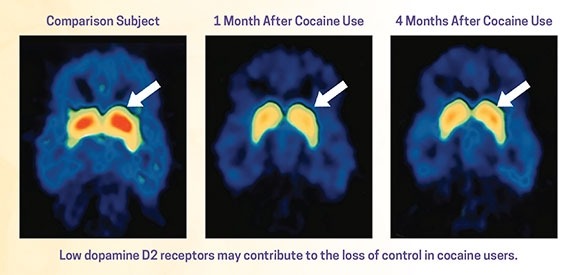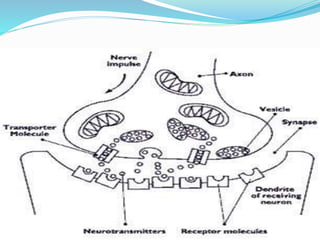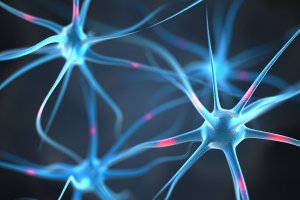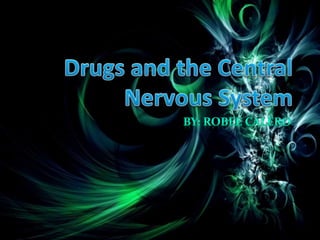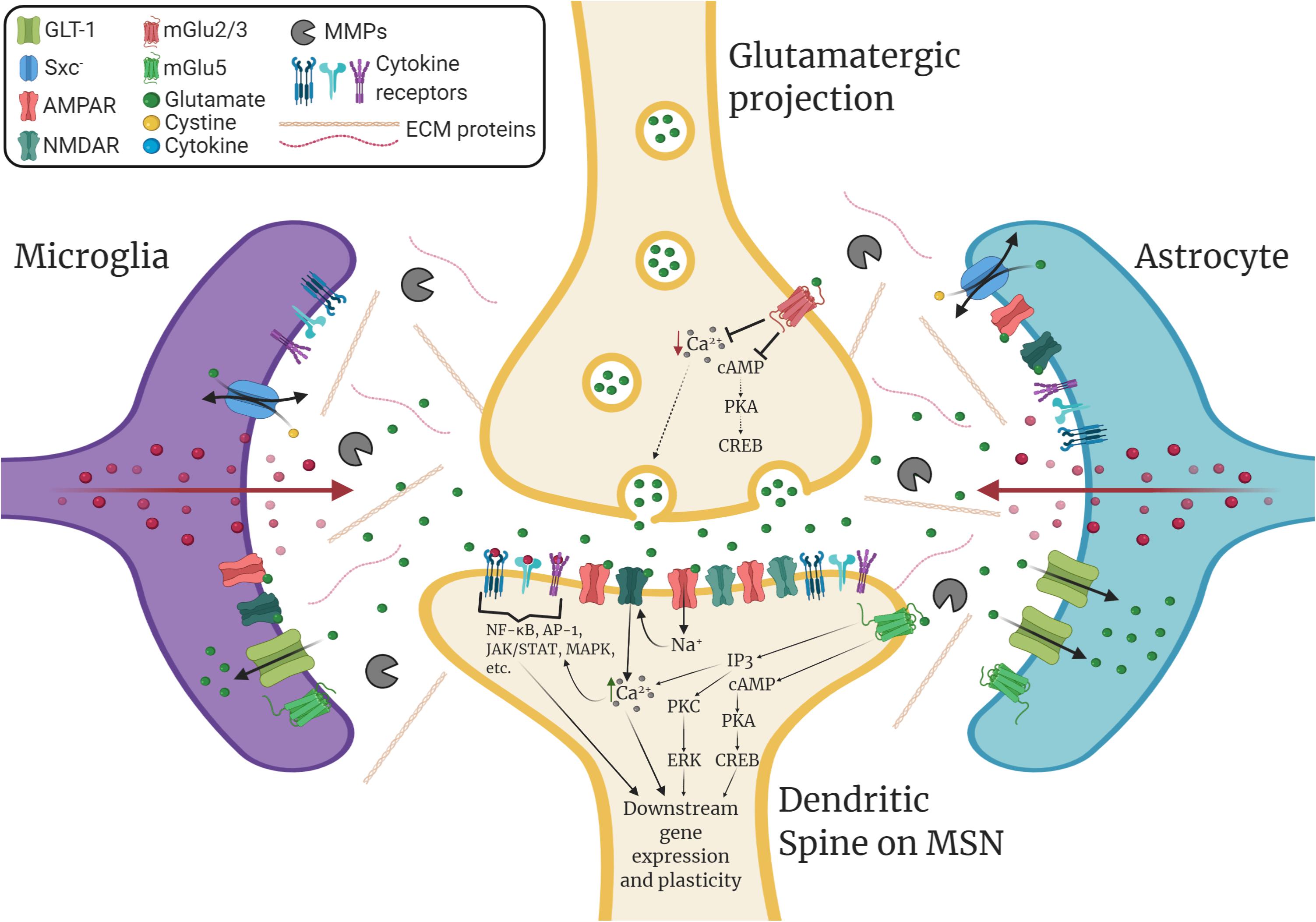Psychoactive drugs are substances that alter the way we think, feel, and behave by altering the function of the brain and nervous system. These drugs work by changing the levels or activity of neurotransmitters, which are chemicals that transmit signals between nerve cells in the brain. Some psychoactive drugs are naturally occurring, such as caffeine and alcohol, while others are synthetic, such as LSD and amphetamines.
Psychoactive drugs can have a range of effects on behavior and perception, depending on the type and amount of drug taken. Some common effects include changes in mood, altered perceptions of time and space, impaired judgment and decision-making, and increased or decreased arousal and energy levels.
One of the most well-known effects of psychoactive drugs is their ability to alter mood. For example, antidepressants and anti-anxiety medications work by increasing the levels of certain neurotransmitters, such as serotonin and norepinephrine, which can help to improve mood and reduce anxiety. On the other hand, drugs like LSD and magic mushrooms can cause dramatic changes in mood, ranging from euphoria and feelings of heightened consciousness to anxiety and psychosis.
Altered perceptions of time and space are another common effect of psychoactive drugs. Some drugs, such as marijuana and LSD, can cause users to feel as if time is passing more slowly or that objects and surroundings are distorted or changing in size or shape. This can be a pleasurable or disorienting experience, depending on the individual and the context in which the drug is taken.
Impaired judgment and decision-making are also common effects of psychoactive drugs. Alcohol, for example, is well known for its ability to impair cognitive function, leading to poor decision-making and increased risk-taking behavior. Similarly, drugs like opioids and benzodiazepines can cause users to feel sedated or disinhibited, leading to impaired judgment and decision-making.
Finally, psychoactive drugs can also affect arousal and energy levels. Stimulants like caffeine and amphetamines can increase energy and alertness, while depressants like alcohol and benzodiazepines can cause drowsiness and relaxation.
In conclusion, psychoactive drugs can have a wide range of effects on behavior and perception, depending on the type and amount of drug taken. These effects can be beneficial or harmful, and it is important to use these drugs responsibly and with caution.
